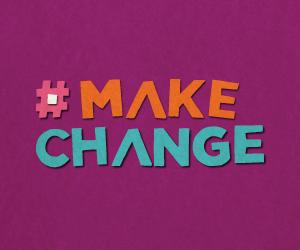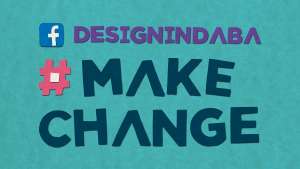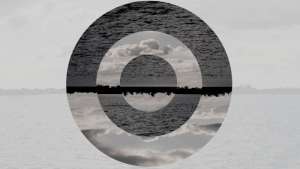Part of the Project
From the Series
The Thula Baba Box, inspired by a baby box that has been used in Finland for nearly a century, is the initiative of two South African fathers: Ernst Hertzog of Action Hero Ventures, and Frans de Villiers, who hope the box may be able to lower infant mortality rates in South Africa significantly.
The box focusses on three main objectives:
1. Overall wellness of mothers and babies, including infant mortality rates.
2. Validation of babies as human beings and the support of mothers in their noble task.
3. Reducing the cost of raising babies for families as well as for the government.
The box comes packed with useful baby products such as soap, blankets, towels and nappies, while the box itself can double as a cot or bath, or simply as useful storage.
The survival kit will also contain useful information for mothers – on vaccinations and infant care – and be handed out alongside incentives to visit the correct clinics and make behavioural changes too.
“We have applied various types of designers and design thinking throughout the development of this product,” says Hertzog. “We are communicating a message of change through our box and the products inside it, and the quality of design will greatly determine the efficacy of the box. For example, if something is easy to understand and easy to use then people are much more likely to use it correctly, which will lead to the desired results.”
While the box is inspired by the Finnish design, Hertzog and de Villiers are adapting it to the specific needs of a South African mother with income levels, health literacy, access to healthcare facilities, access to electricity, clean water and sanitation and psychosocial challenges. “Then there are also diseases like HIV, malaria and TB that many African mothers have to deal with," Hertzog says.
“Our pilot study budget is a lot smaller than that of Finland. Our clothes are different due to differences in weather patterns, and our focus is a lot more on survival and basic healthcare. The Finns have come a long way with their box and they can afford to include some ‘nice to haves’. Another big difference is that SA mothers prefer to co-sleep with their babies so our boxes will not be used as cots.”
The Thula Baba Box is made out of plastic, unlike the Finnish version, which is made of cardboard. “Our boxes need to be durable because of the challenging living circumstances in many low income households,” Hertzog states. “A cardboard box would wear out too soon. Another benefit of a plastic box is that it could double as a baby bath.”
“Our wish is that the boxes will bring sustainable hope to the families of SA.”
The first 50 boxes should go out to South African mothers in March 2015, distributed free of charge from a public clinic and public hospital in the Cape Town area.
For more information on the Thula Baba Box go to the Action Hero Ventures site.











